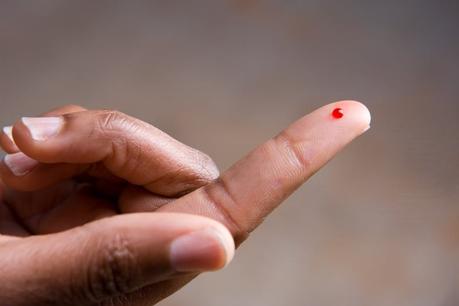
First, the good news. There is usually no need to check your ketone levels if you are following a well formulated ketogenic diet. We structure our recipes and meal plans to ensure the vast majority of people will be in nutritional ketosis.
If you are curious about how to get started, try our free two week keto challenge, or our 5 Weeks of Keto with Kristie course. As long as you limit your carbs to less than 20 grams per day, get adequate protein, and adjust your fat for taste and satiety, you will almost certainly be in nutritional ketosis. You can even throw in time-restricted eating for added bonus!
But what if you want to try adding in more carbs but want to stay in ketosis? Or what if you aren't losing weight or seeing the health improvements you expected? Could it be that you aren't in ketosis? That is certainly possible. In these situations, you may benefit from measuring your ketone levels.
For a detailed description of the various ways to measure your ketones, see our extensive guide "The best way to test ketones in blood, breath or urine."
Of the three ways to test ketones, blood tests are generally considered the gold standard and it is the test used most often in scientific studies. Ketone blood levels of 0.5mmol/L is the threshold of nutritional ketosis.
A new study, however, suggests that it makes a difference if you consider capillary blood (finger stick), venous blood (a blood draw in the lab), or a combined BHB and acetoacetate lab reading. Overall, they found very good correlation among methods, but the capillary values tended to be higher than the venous sampling.
Now the big question: Does this matter?
That depends on how you use your results. If you use the same type of measurement and follow it over time, comparing your numbers to your own, prior results, then it likely doesn't matter. Consistency is the key.
But if you are using a finger stick device and trying to achieve a level similar to ones your read about in a study done with lab blood draws, then it may not be a fair comparison.
The vast majority of people we encounter fall into the first category, where this study has little impact. However, the study presents an interesting finding and is something we should all be aware of when comparing home results to scientific studies.
But let's not complicate things.
- Restrict your carbs.
- Prioritize your protein.
- Adjust your fat as needed.
- Experience ketosis.
And if you want to measure your ketone levels, pick one method and stay consistent.
That's keeping low-carb simple.
Thanks for reading,
Bret Scher, MD FACC

